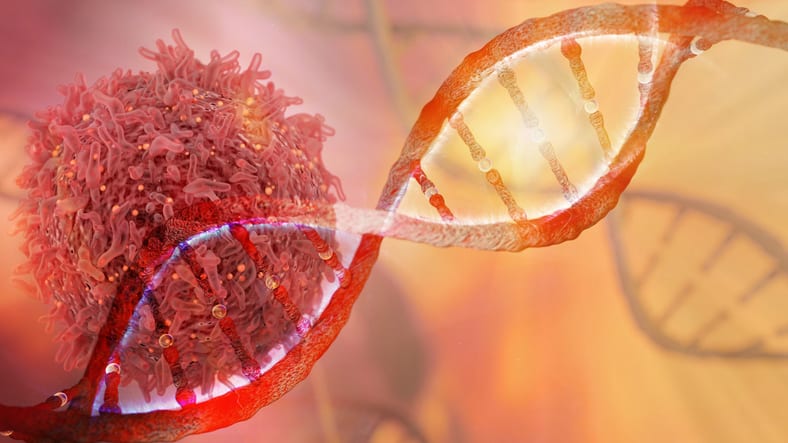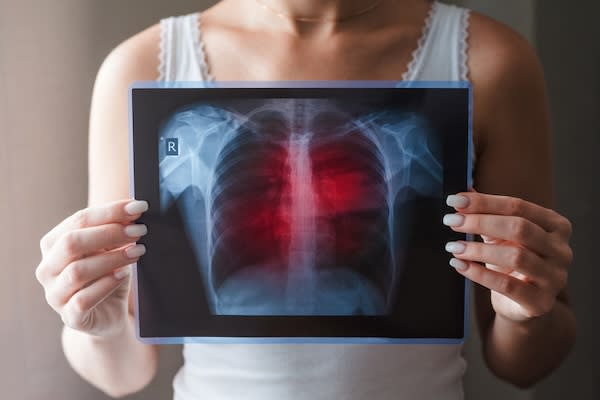Radical, Partial, and Complete Vulvectomy With Sentinel Lymph Node Dissection
Regional Experts in Sensitive, Compassionate Cancer Care
At the Providence Swedish Cancer Institute, we provide advanced surgical care for vulvar cancer with skill, compassion, and respect. As a regional leader in gynecologic oncology, we’re here to treat you and your cancer — and support your strength, healing, and sense of self throughout your care.

Treatment Overview
A vulvectomy is a surgery to remove cancerous tissue from the vulva. Depending on how much tissue needs to be removed, your surgeon may recommend a partial or complete radical vulvectomy, which involves removing the tumor along with some of the surrounding healthy tissue and deeper structures to help ensure all the cancer is gone. In many cases, we also perform a sentinel lymph node dissection to check whether the cancer has spread.
At the Providence Swedish Cancer Institute, these procedures are done by highly trained gynecologic oncology surgeons who specialize in complex, delicate surgeries of the pelvic area. We use advanced techniques to protect healthy tissue, reduce complications, and support your physical and emotional recovery. From your first visit, we work closely with you to explain your options, answer your questions, and create a care plan tailored to your needs.
What to Expect
At the Providence Swedish Cancer Institute, we’ll guide you through every phase of your vulvectomy — from planning and preparation to recovery and follow-up. Our team brings deep gynecologic oncology expertise and compassionate support to help you heal physically and emotionally, with care that’s tailored to your needs.
About a week before surgery, we'll schedule a pre-admission visit to:
- Assist with any remaining pre-surgical lab work or tests
- Review what will happen during your surgery
- Explain potential side effects
- Discuss medications and post-surgery care, including in-home help or equipment if needed
You'll receive information to prepare for your hospital admission. If you have any questions after your pre-admission appointment, your nurse or care coordinator will be happy to help.
Surgery typically lasts 1 to 4 hours, depending on the type and whether a sentinel lymph node dissection is also performed. Most patients stay in the hospital for 1 to 2 days. You may experience swelling, discomfort, and changes in sensation. Temporary drains are often placed to prevent fluid buildup and are usually removed within 1 to 2 weeks.
Recovery generally takes 4 to 6 weeks. Your care team will provide guidance on pain management, hygiene, and activity restrictions to support your healing.
This surgery treats vulvar cancer while aiming to preserve as much healthy tissue and function as possible. Sentinel lymph node dissection helps determine whether cancer has spread without removing more lymph nodes than necessary, reducing the risk of complications like lymphedema. Patients appreciate having a clear plan forward, a focused path to recovery, and expert support through every part of their care.
As with any surgery, there are risks, including:
- Infection
- Bleeding or fluid buildup
- Delayed wound healing
- Changes in sensation or numbness
- Changes in sexual function
- Urinary tract infections
- Loss of bladder or bowel control (incontinence)
- Urinary issues
- Lymphedema or leg swelling
- Scarring or changes in appearance
Your care team will talk with you about these risks, answer your questions, and help you make an informed decision that aligns with your goals.
You’ll have several follow-up appointments after your procedure for the first few weeks. This helps us monitor your healing and manage any complications. As time goes on, your appointments will be less frequent, but regular checkups are required so that we can continue to manage any of your ongoing treatment needs and watch for any signs of recurrence.
Services are also available to help you through every treatment stage.
Learn more about our supportive care services.
Frequently Asked Questions
Vulvectomy can be partial, complete, or radical, depending on how much tissue needs to be removed. A partial vulvectomy removes a small area, while a complete vulvectomy removes most or all of the vulva. A radical vulvectomy goes deeper and may include nearby tissue. Your surgeon will explain the approach that’s right for you and what to expect before, during, and after your surgery.
Sentinel lymph node dissection is a way to check if cancer has spread beyond the vulva. The surgeon removes the first few lymph nodes that drain the area where the cancer is located. If those nodes are free of cancer, it’s less likely the disease has spread, and more extensive lymph node surgery may be avoided. This can lower the risk of side effects like lymphedema.
Recovery from a vulvectomy usually takes about 4 to 6 weeks, though it can vary based on your health and the extent of the surgery. You may have discomfort, swelling, or fatigue, especially in the first few weeks. Most people need to avoid heavy lifting, sexual activity, and prolonged sitting during early recovery. Your care team will give you clear guidance, check in regularly, and help you navigate each stage of healing — physically and emotionally.
Your vulva may look different after surgery, depending on how much tissue is removed and whether reconstruction is done. You may notice scarring, swelling, or changes in shape or symmetry. Our surgeons aim to preserve appearance and function when possible. If you have concerns about changes to your body, we’ll talk openly with you and offer support tailored to your needs and goals.
Some people notice changes in the direction or flow of urine after a vulvectomy, especially if the labia or nearby tissue is removed. This is usually not harmful, but it may take some getting used to. Over time, most people adjust with no lasting issues. If you experience discomfort, trouble urinating, or signs of infection, let your care team know. We’re here to support your healing and help manage any side effects.
Sexual function can change after a vulvectomy, depending on the extent and location of the surgery. You may experience changes in sensation, arousal, or comfort during intimacy. These changes can be emotional as well as physical and may improve over time. Everyone’s experience is different. Your care team can connect you with pelvic health specialists, counselors, or other supportive resources to help you adapt and feel more like yourself again.
Some gynecologic cancer treatments can impact fertility, depending on the type of cancer, its stage and your treatment plan. Surgeries involving the ovaries, uterus or fallopian tubes, as well as certain chemotherapy and radiation therapies, may affect your ability to conceive.
If preserving fertility is important to you, our team will discuss your options before treatment begins. We work closely with fertility specialists to explore fertility-sparing surgical techniques when appropriate. Your care team is here to support you in making decisions that match your goals and values.
We provide a full range of supportive care services to support you during and after your cancer treatment. Some of these services include:
- Art therapists
- Cancer rehabilitation (onco-physiatry)
- Care coordinators
- Genetic counseling (cancer geneticist)
- Health educators
- Medical massage (edema, lymphedema management)
- Music therapist
- Naturopaths
- Nutritionists
- Oncology nurses
- Social workers
- Speech and language pathology
We can also help with finances, food, transportation, and other challenges for eligible patients through our patient assistance fund.
See the full list of supportive care services.
Note: Some services are provided by local partners and vary based on location. Please contact your clinic for more information.
News & Info From Our Experts



